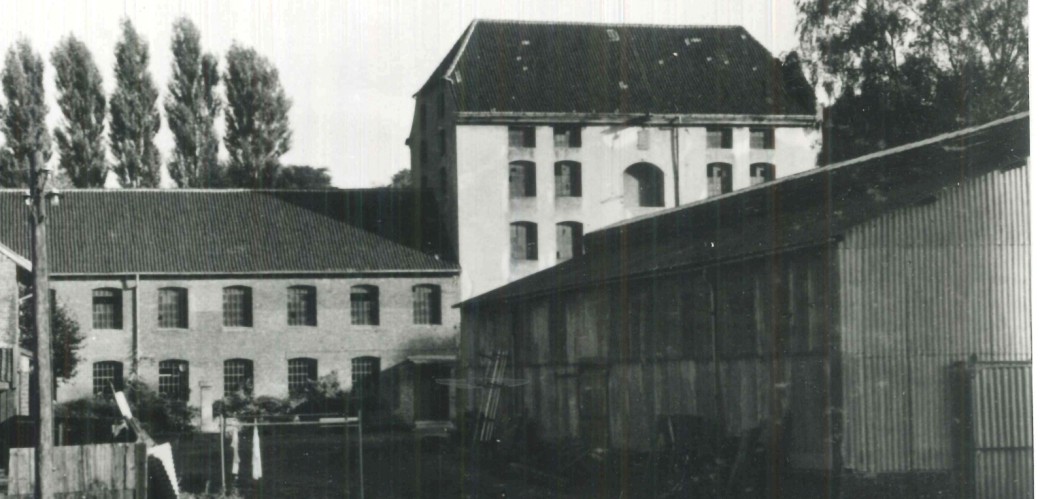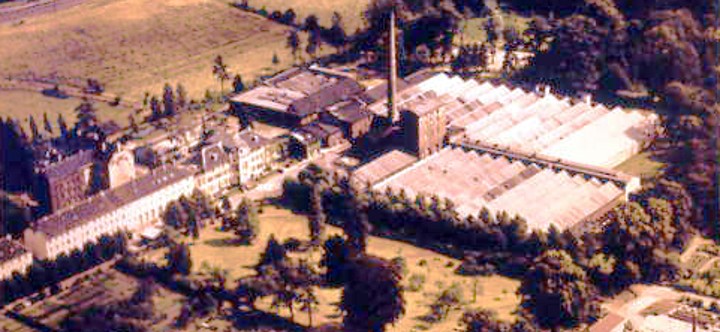

The cotton spinning mill originally built by Brügelmann was opened as a museum in September 1996. The first factory on the continent of Europe represents the early industrialisation period in the Rhineland. In 1783/1784 the merchant and employer of outworkers from Wuppertal Johann Gottfried Brügelmann, established a water-powered, completely mechanical “cotton spinning mill of the English type” close to Ratingen – the result of industrial espionage. The factory named after its English ante-type “Cromford” expanded into a highly flourishing company with additional production buildings, workshops, workers’ accommodation, a mansion for the merchant’s family, a weaving hall and large factory halls. At the end of the 1970s the Brügelmann company was affected by the severe economic crisis in the textile industry and closed in 1977.

In the course of the demolition and conversion, the core complex of the cotton spinning mill – the “Hohe Fabrik” (High Mill), the offices and mansion dating from the end of the 18th century remained intact. The splendid Cromford mansion next to the factory was the administrative heart of the once significant company and at the same time middle-class residence of the Brügelmanns, one of the leading industrialist families of their time. From April 2009 to May 2010, masons, carpenters, painters, plumbers, electricians, specialists for fire protection and security systems and many other craftsmen refurbished the mansion.
The former workers’ housing which was also saved as part of the social reference field of the factory has now been transformed into modern apartments in the immediate vicinity of the museum.